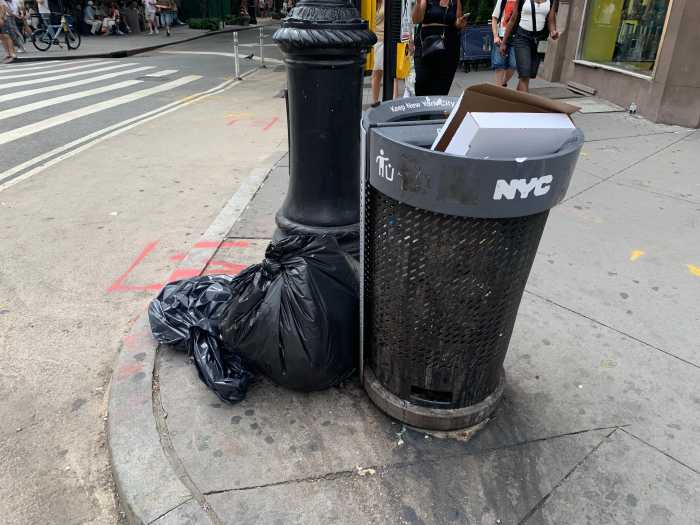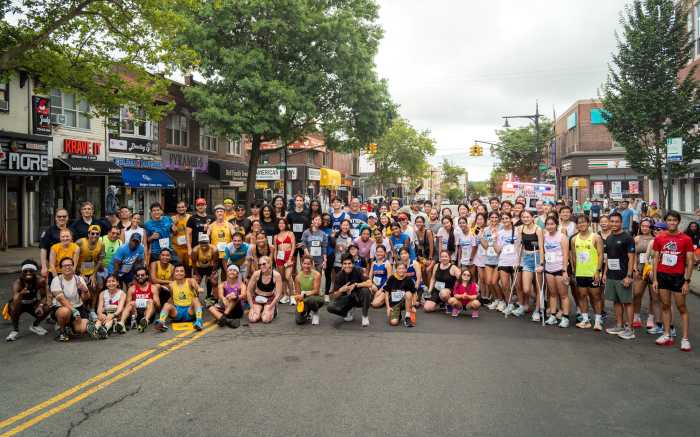They were known as the Harlem Clubhouse — or often the Gang of Four — Basil Paterson, Percy Sutton, David Dinkins and Charles Rangel. And beginning in the 1960s, they created a powerful new role for African-Americans in New York politics, a stunning accomplishment.
The group’s charter membership shrank to two on Wednesday with the death of Paterson, 87, an admired labor lawyer, New York’s first black secretary of state, and the father of former Gov. David Paterson. Sutton, the former Manhattan borough president, died in 2009.
Their achievements offer lessons for all New Yorkers.
“Everybody stands on somebody’s shoulders,” former Mayor Dinkins likes to say.
The Harlem politicians stood on the shoulders of one another while simultaneously helping untold numbers of ordinary New Yorkers up with them.
Paterson’s shoulders were especially broad.
George Gresham, president of the SEIU 1199 health care workers union, recalled in a recent newspaper article that Paterson helped shape his campaigns to elevate the status of health workers while doing the same thing for teachers, transit employees and civil servants. And Paterson was frequently the crucial link between management and labor during last-minute negotiations, Gresham said.
The Gang of Four reached incredible heights leavened with some notable setbacks. Dinkins, the city’s first black mayor, was defeated after one term. Rangel, who rose to the chairmanship of the Ways and Means Committee in the House of Representatives, was censured in 2010 for ethics violations.
But their lesson stands. In a New York City with little room for black elected officials, they did the groundwork, served their neighborhood, built coalitions and turned idle hopes into genuine power.
The Harlem Clubhouse now belongs to yesterday.
But the life of Basil Paterson and the role that he and his colleagues played in New York politics should be studied closely by all struggling politicians today.
Paterson and his allies made the gorgeous mosaic work.





























